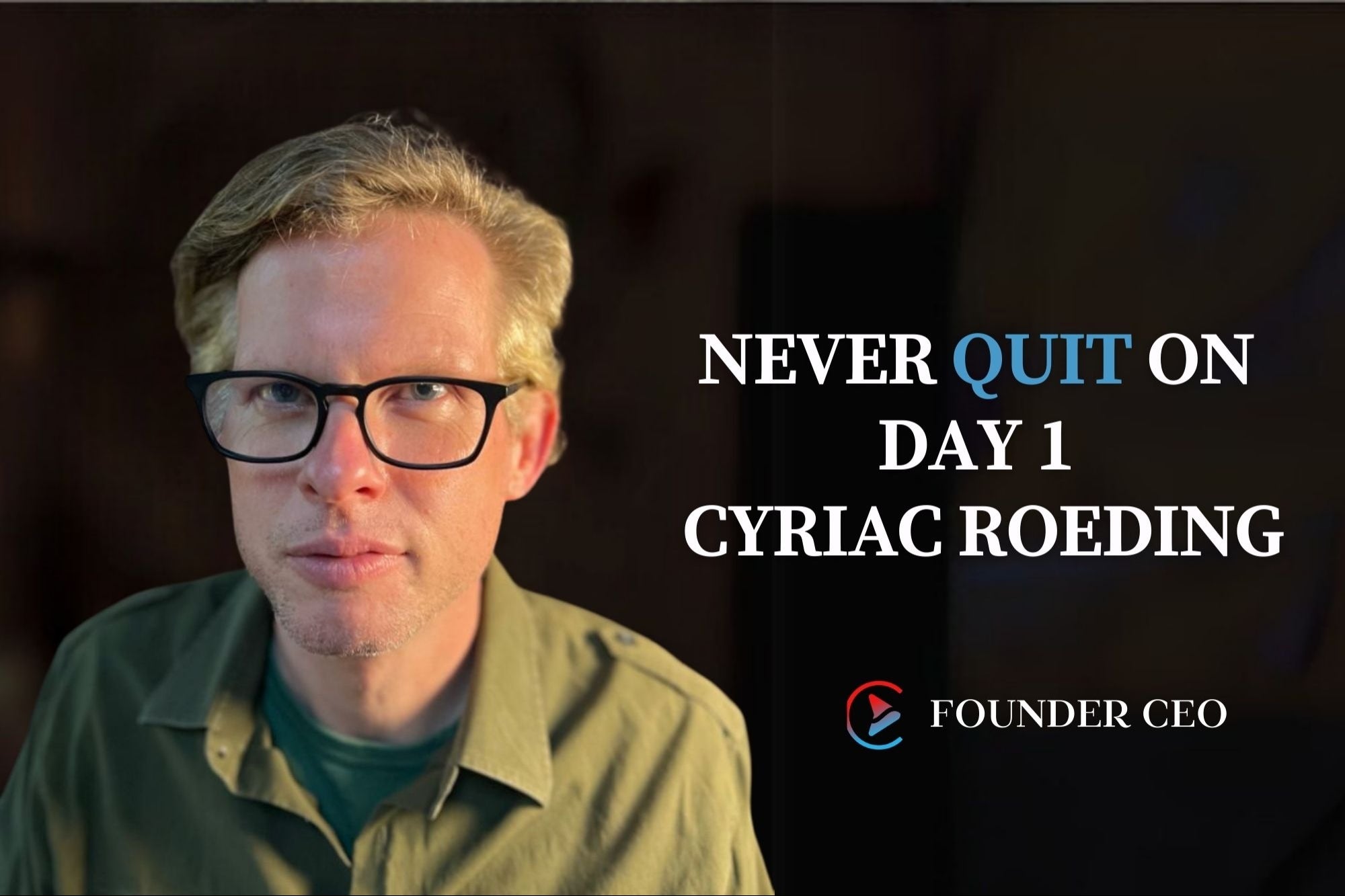A 6-Step Program for Improving Your Communication Skills Systematically striving to listen better and express yourself clearly will yield immense benefits.
By Graham Young Edited by Dan Bova
Opinions expressed by Entrepreneur contributors are their own.

Technology is involved in almost everything we do. There are few moments in life when it has no influence. Yet when you are face to face with someone, in a real and authentic interaction, you are on your own. There is no time delay to think of your response and no screen to hide your reaction. Everything is happening in the moment.
Without sound communication skills, an excited sales person can seem aggressive, an employee in need of guidance can seem like they lack competence and a leader wanting to help can come across as a micro manager. Effective interpersonal communication stems deeper than the words that are spoken, in fact it lays in the balance of how self-aware and emotionally intelligent each person is.
What is self-awareness?
Self-awareness is having a clear perception of your character and personality. It is being aware of how you feel towards certain things, your behavior in different situations, your strengths, weaknesses and any habits you have picked up throughout your life. A self-aware person can look in the mirror and be brutally honest about how they are internally and also recognize how they appear to others externally.
By being able to recognize certain characteristics about yourself, you can take advantage of the positive ones and work on changing the negative ones. In a social setting, such as a networking event, you could adjust your behavior to align with the people or environment you are in.
Related: 7 Ways Entrepreneurs Can Master Self-Awareness
What is emotional intelligence?
Connected to self-awareness, it is the ability to monitor your own and other people's emotions. By being able to recognize these emotions, you can use the information to guide your thinking and behavior. In a heated conversation, you could control your own emotions and sense how someone else is truly feeling, before responding in the most appropriate way.
Here are 6 steps to advance your communication skills through self-awareness and emotional intelligence:
1. Determine your relationship value.
Begin by looking at your role within your company and determine how you want your colleagues, employees and clients to see you. What are your strengths? How can they help or influence others? What character values are important for others to see in you? Imagine if you were to leave or retire, how would you want everyone to remember you?
2. Alignment.
Next look at the above values to see if they align with your current behavior and how you treat those around you. People will often feel self-conscious as opposed to self-aware, when they are acting in a way that does not align with their core values. As a rule of thumb: If you treat everyone the same way you expect to be treated, then you don't have to worry about what others think of you.
Related: Don't Believe the Hype Around 'Emotional Intelligence'
3. Objective.
Be clear on what your objective is before entering a conversation. Know what you are hoping to get out of the interaction and let it be known to the other person(s) from the beginning. If they know what your intentions are they won't be surprised with any questions.
4. Understand your emotions.
Take time to recognize how you feel in certain situations. We often try to brush off any feelings of jealousy, anger or impatience when they arise, but those emotions come to the surface for a reason. It's critical to spend a few moments to take note of them. The better you can understand your own emotions, the better you will be able to read others.
Related: Fake It Until You Make It: How to Believe in Yourself When You Don't Feel Worthy
5. Empathize with others.
Emotional intelligence is not about reading someone else's mind. It is the ability to empathetically put yourself in someone else's shoes and sense how they must be feeling. Take time to internalize things that are happening around you, recognize how they make you feel and see how others react as well.
6. Control your emotions.
Despite our good intentions, emotions can get the best of us sometimes. However, your goal isn't to eliminate your feelings, it is to monitor and control them in the moment. When you are able to do this, you can ensure that your behavior aligns with your values and supports the objectives you want to achieve. Every single interaction you have is perfect ground to practice recognizing and governing your emotions. Over time these emotions will no longer determine how you react, but instead be used to support what you say.
Related: Get Angry! Be Passionate! Your Emotions Are Vital to Success.










